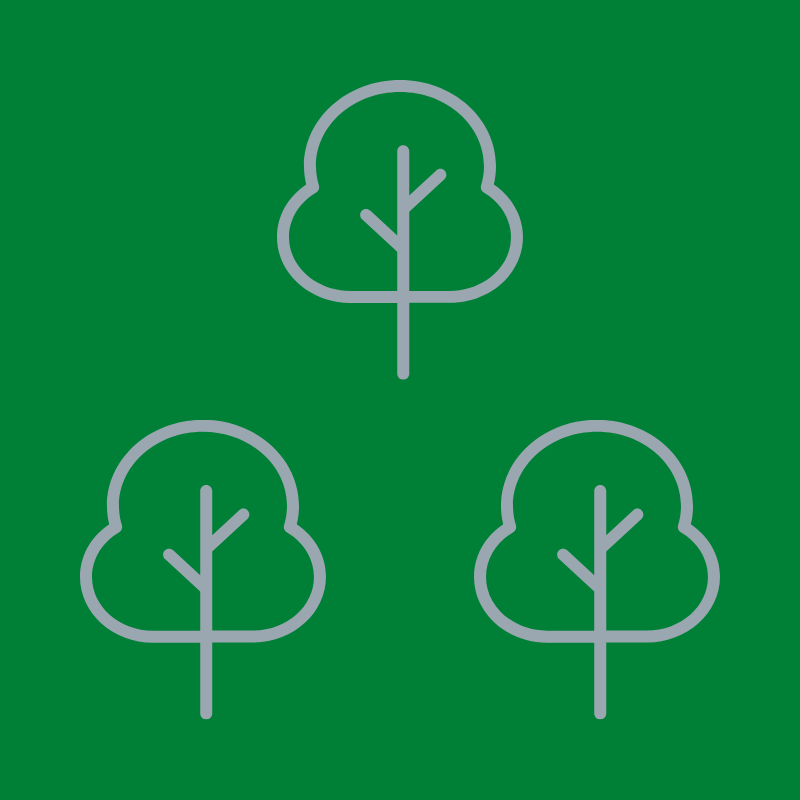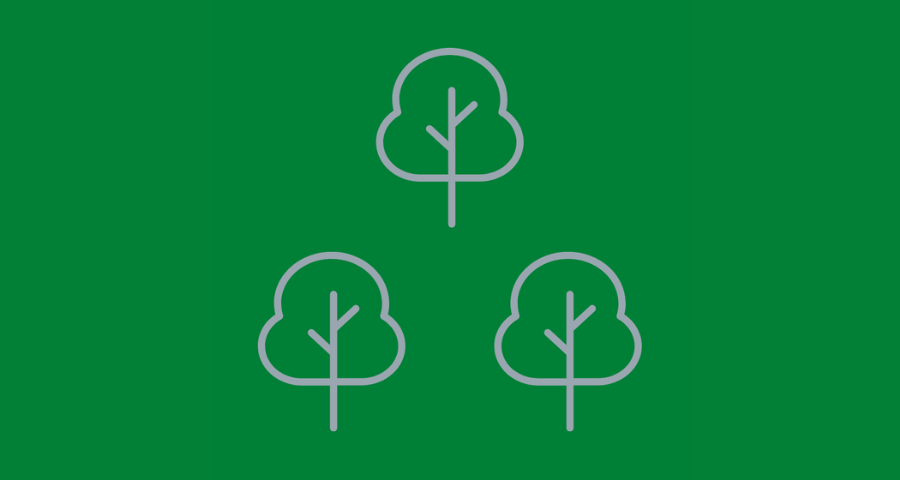Since I’ll be moving to LibreWolf and it’s based on FF, I’ll check out Mull. Unfortunately I don’t see my device on DivestOS’s site (it’s a Motorola Moto G Power 2022), but it’s also quite new so it’s understandable. I’ll switch it to Lineage or something like that whenever it gets support for it but I’m fine with a degoogled Android for now.
Cass.Forest
Creative burnt out gifted kid just trying to exist On Mastodon @cityboundforest@computerfairi.es
- 3 Posts
- 9 Comments
I’m personally like to stop using Brave, and I will, however while LibreWolf will be what I’ll switch to on desktop, I’m not sure what I would want to switch to on my Android phone. I see that LibreWolf doesn’t have an Android version (and potentially never will; fine, developers will do whatever they want). I’ve heard about IceRaven, however, I’m not sure how good it is. Also would like an actually privacy focused search engine, but I think LibreWolf might have a good list on that front.
(Note: please do suggest in replies, not sure I made that apparent)
See Citizens United v FEC. Basically, it was ruled that corporate lobbying counts as free speech under the 1st Amendment.
Companies tend to donate to political candidates so that those candidates, upon being elected, propose and vote in legislation that benefits those companies or vote out legislation that doesn’t (e.g. oil companies and climate change policies)
Edit: a detail that was implied but should be noted

 0·2 years ago
0·2 years agokeep an eye out for LineageOS and see if they end up making a port for your device
I know that playing with experimental OS’s is like playing with fire, but would there happen to be a way to help contribute to that?

 3·2 years ago
3·2 years ago“The Good Place” TV show also made this a major plot point. Essentially the argument boils down to that there is no ethical consumption under capitalism.
Ah yes, I’m familiar with the scene. It’s a great scene and a great show.
In fact, I’d say donating at all to one or the other party (bribing) overall is negative.
Agreed, 100%.

 1·2 years ago
1·2 years agoWhile you do have a point that autism can be mitigated by society, in a way, so can ADHD. There isn’t just one model of disability. There still is that disconnect from allistics that autistics have, and some autistic people do in fact go to therapy to help mitigate issues with their autism (note here because I feel it’s important: a) autism is often comorbid with things like sleep disorders, OCD, depression, anxiety, etc and a lot of therapy for autistic people does revolve around that and b) I am absolutely not referring to ABA which is just conversion therapy).
Also, when I mentioned me being autistic and only using neurodivergent to mean the collective of disabilities mentioned previously, I had also meant that it felt like to me that you were proscribing a meaning and/or an impact of the use of the term neurodivergent (and neurodivergence by proxy) that did not exist, one seated in prescriptivism. I don’t particularly see any negative impact to people using the term(s) either online or in real life and I’ve seen multiple people who are neurodivergent themselves use the term(s) to refer to the collective community of disabled people as just a label. While I can just offer up the “It’s just a label that we’re using to mean [insert thing here],” you could argue that I can’t do that because of the impact, but I have not seen such impact. I and some others on here have compared the term(s) to the word “queer” used for people in the LGBTQ+ community, although it has a trouble history as a slur but the community is reclaiming it and using it for their own despite its problematic past. But unlike the “queer” label (used to mean identities falling under the LGBTQ+ umbrella), the “neurodivergent” label (used to mean the collective of disabilities) doesn’t really have such a past. Nor does it have such an impact either.
Because I’m itching to, I’ll go further with that queer-neurodivergent comparison. Not only is “queer” used as a catch-all for the LGBTQ+ community, it’s also a label itself used to refer to someone who doesn’t want to label themselves specifically but rather is just not-straight. Neurodivergent can be used in this way as well referring to some kind of disability along that spectrum but not necessarily identifying it in any way. Perhaps one doesn’t need to identify their disability because they know the symptoms and they have coping mechanisms to help them mitigate those symptoms. Perhaps they don’t have the resources to go narrow down that label into a more specific one. Or perhaps they don’t care.
Really, as a TL;DR to this comment, the label isn’t doing any harm and, at least in my perspective, does nothing to belittle or minimize the struggles of the people in the ND community.

 1·2 years ago
1·2 years agoThe term “neurodivergent” implies that there’s nothing wrong with you if you have ADHD–you’re just special and different. But my ADHD is an illness that requires treatment.
I think the term is perfectly valid when applied to autism, as autism is not, to the best of my knowledge, a mental illness so much as a difference in processing.
As someone with both ADHD and autism, I want to touch on a perspective I think might be missing here (if others have commented similarly, excuse me for being a parrot). Both definitionally and experientially, autism and ADHD are both disabilities. Both come with strengths; autism makes me really good at learning patterns which helps with language learning, for example, and ADHD helps me have a large amount of focus however controlled on a specific topic. Yet, both are still disabling.
Autistic people constantly are confused by allistic (read: not autistic) people in their communication style as well as the overreliance on things like body language to convey meaning. Autistic people also deal with sensory overload issues.
ADHD people struggle to focus on tasks no matter how much they want to focus on them.
I could include more examples, but that’s not the purpose of this comment. This could also be stemming from my autistic perspective where when I, specifically, use the word “neurodivergent,” I use it to mean a collection of disabilities such as autism, ADHD, and OCD, and that’s it. I simply view it as a label much like what the label of “queer” is today despite its troubled history.


There is, however, still the concept of the Chinese Room thought experiment, and I don’t think AI will topple that one for a while.
For those who don’t know and don’t wish to browse off the site, the thought experiment posits a situation in which a guy who does not understand Chinese is sat in a room and told to respond to sets of Chinese characters that come into the room. He has a little booklet of responses—all completely in Chinese—for him to use to send responses out of the room. The thought experiment questions whether or not the system of the Chinese Room itself can be thought to understand Chinese or even the man himself.
With the Turing Test getting all of the media spotlight in AI, machine learning, and cognitive science, I think the Chinese Room should enter into the conversation as the field of AI looks towards G.A.I.